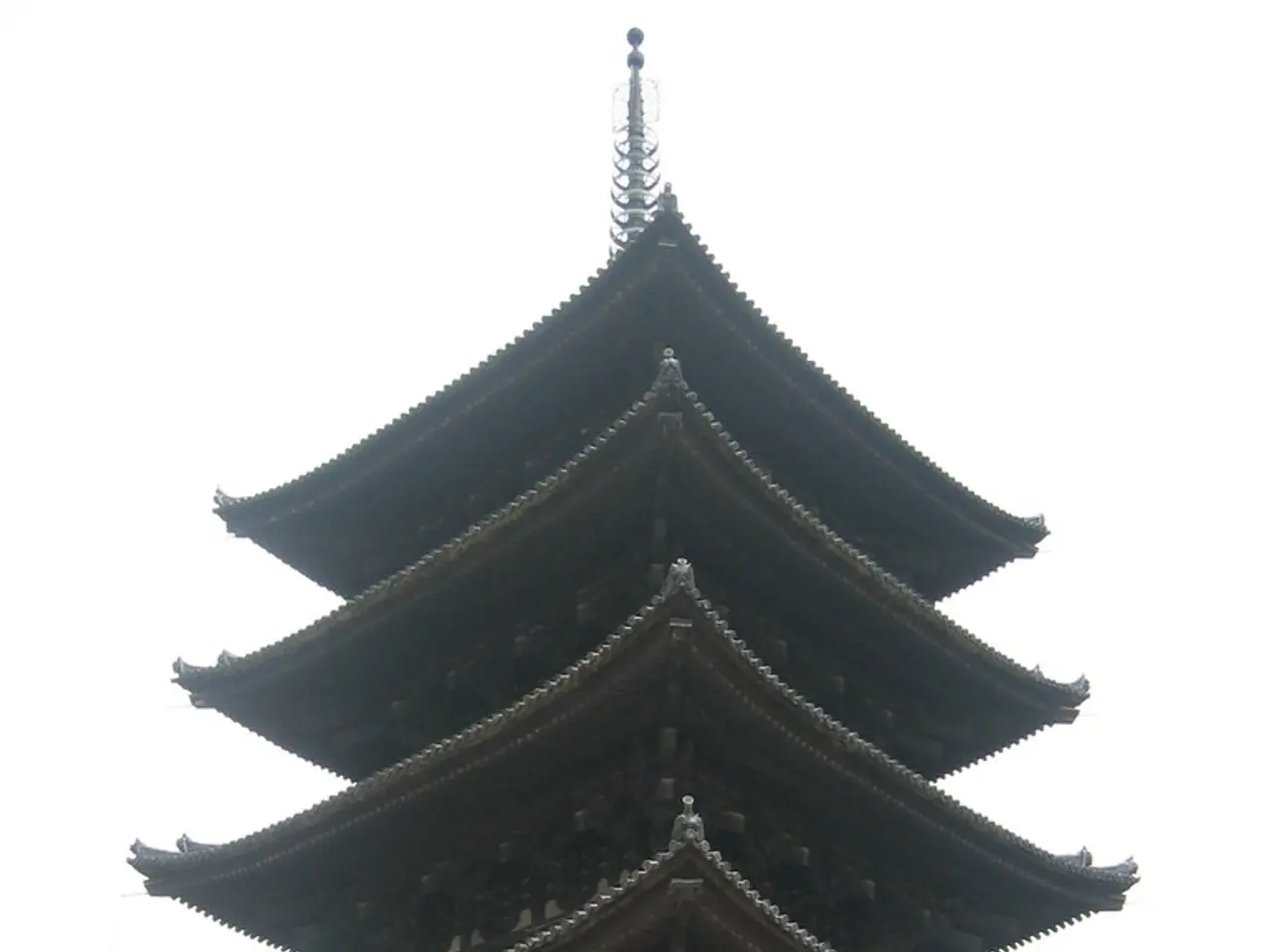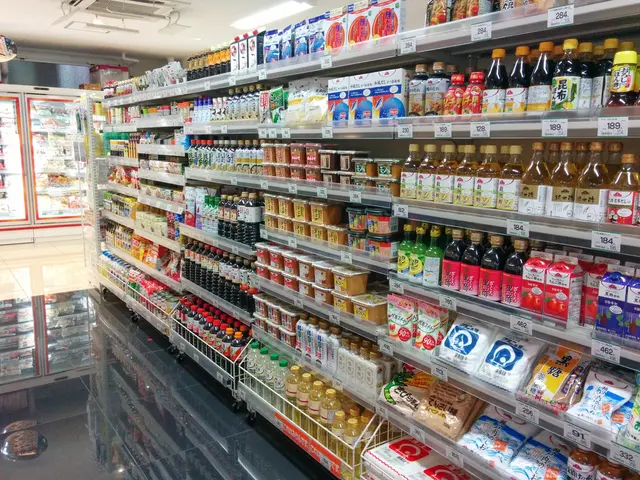Thailand witnesses a 34% increase in foreign investments, with the Eastern Economic Corridor attracting approximately 47 billion baht
In the first five months of 2025, the Eastern Economic Corridor (EEC) attracted 426 foreign entities, marking a 34% increase compared to the same period in 2024. These entities collectively invested 88.94 billion baht, accounting for 54% of all foreign direct investment in Thailand.
Japan was the top foreign investor country, with 85 entities and a significant investment of 41.06 billion baht. Japanese investors primarily focused on procurement of raw materials, software development services, R&D services for engineering plastics, and contract manufacturing.
Japan was followed by Singapore, with 11 entities and an investment of 11.43 billion baht. Singaporean investors concentrated on services related to control, monitoring, data collection systems for electric railway projects, modern logistics and distribution centres, digital platform development, and contract manufacturing.
The United States was the second-largest foreign investor, with 62 entities and 2.76 billion baht invested. US investment centred around engineering consulting, design, retail businesses, services involving inspection, analysis, and quality assessment of gems and jewellery, and contract manufacturing.
China, despite being the third-largest foreign investor, contributed less than Japan and Singapore. However, with 53 entities and 7.54 billion baht invested, China's presence in the EEC is noteworthy.
Hong Kong invested 7.48 billion baht in 44 entities, focusing on modern warehousing and logistics centres, EV charging station services, data centres and cloud computing services, and contract manufacturing.
The EEC boosted growth in the bio-innovation and digital sectors, with key sectors receiving foreign investment including retail, R&D services for engineering plastic products, digital platform development, contract manufacturing, and bio-innovation.
The influx of foreign investment in the EEC underscores the region's potential for economic growth and development. With the right policies and infrastructure in place, the EEC is poised to become a significant driver of Thailand's economy.
Title: The Impact of Saudi G.A.P. Certification on Thailand's Poultry Industry
The new Saudi quality rule, specifically the mandatory "Saudi G.A.P." certification, has a significant impact on the Thai poultry industry. This regulation requires Thai poultry producers to obtain this certification to continue exporting to Saudi Arabia.
The Saudi G.A.P standard is a rigorous standard aimed at ensuring food safety, sustainability, and improved farming practices throughout the supply chain. It covers aspects such as efficient water usage, pest control, worker conditions, and thorough documentation.
The regulation was officially notified to Thailand in August 2024, with a grace period currently in place for existing suppliers. The country's National Bureau of Agricultural Commodity and Food Standards (ACFS) is actively negotiating with Saudi authorities, proposing that Thailand's Department of Livestock Development handle certification assessments to ease compliance.
Saudi Arabia is a major importer of poultry, with imports valued at USD 1.13 billion and ranked as the eighth-largest importer worldwide. Their market demand favours high-quality, fresh poultry products, a segment where Thai suppliers compete.
The introduction of the Saudi G.A.P standard means Thai producers must adjust production and certification processes, potentially increasing compliance costs but also helping maintain and possibly expand their market presence in Saudi Arabia. Compliance will be essential to secure continued market access and competitiveness.
This quality rule underscores a shift toward stricter food safety and sustainability requirements in Saudi Arabia, posing both challenges and opportunities for Thai poultry exporters. With the right adjustments and adaptations, Thai producers can continue to thrive in the Saudi market.
- The surge in technology investment within the Eastern Economic Corridor (EEC) was influenced by the Korean conglomerate Samsung's decision to establish a new smartphone manufacturing plant, investing 120 billion baht and creating 200,000 jobs.
- On the other hand, the finance industry experienced a significant shift as several foreign banks augmented their presence in Thailand by establishing new branches, indicating a positive trend in business collaboration.
- Simultaneously, a group of venture capitalists from the United States invested in Thailand's education sector, aiming to modernize the tech-focused education system and cultivate the next generation of tech entrepreneurs.
- Furthermore, the boom in the bio-innovation and digital sectors attracted the attention of financial investors, as opportunities for investing in start-ups promising innovative solutions in these industries increased.





